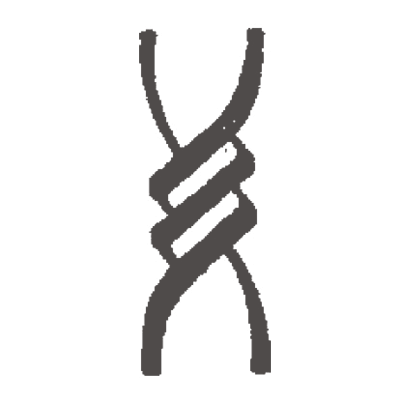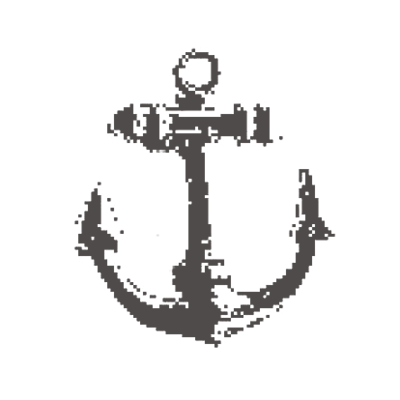Settlements with subcontractors in public procurement
The Public Procurement Law provides for rules autonomous from the Civil Code for settlements with subcontractors. The regulations apply independently of each other, but they are applied in parallel to contracts concluded under the public procurement regime.

Between a rock and a hard place: General contractors squeezed by investors’ joint and several liability regime
Od czasu wprowadzenia do Kodeksu cywilnego, a później również do Prawa zamówień publicznych, przepisów o solidarnej odpowiedzialności inwestora za zapłatę należną podwykonawcom robót budowlanych, generalni wykonawcy znajdują się w swoistym potrzasku – między koniecznością nadzoru i dyscyplinowania podwykonawców a presją inwestora, by ich rozliczać.

What does Uber have in common with sports governing bodies?
A term that’s been crunched recently by lawyers and economists in Europe and throughout the world is the Uberisation of work. This refers to the phenomenon in the modern economy where members of various professions don’t work for employers as such but provide services to clients as independent contractors via a range of online platforms. The term takes its name from the well-known ride-hailing app, but similar platforms function in other industries.

Can an aggrieved person harmed by a corporate entity file a complaint concerning tardiness?
Tardiness in investigations and court cases is a structural problem in Poland. This was confirmed among other things in a pilot judgment issued by the European Court of Human Rights (ECHR) of 7 July 2015 in Rutkowski and Others v. Poland. This is also confirmed by Ministry of Justice statistics. In 2018, the number of investigations of a duration of between two and five years was up 583 on 2017. Tardiness can occur in particular in complex criminal cases with a commercial element, and for this reason the problem of tardiness will probably affect corporate liability cases conducted once a law now before parliament takes effect. Based on the current wording, the question arises of who will be able to file a complaint concerning tardiness in cases of this kind, and when.

Compliance – from a tool to a culture
Compliance programmes are gaining in popularity, in particular in the context of a draft of a new corporate criminal liability act, as a defence precisely against this liability. Primarily, however, compliance should be a tool for ensuring that an organisation functions properly, especially as the number of regulatory requirements is on the rise. To fulfil both functions, a compliance programme must be effective.

Specifying the type of trademark in a registration filing has far-reaching consequences
It has now been more than 18 years since Enercon GmbH, a manufacturer of wind turbines, applied to register a colour trademark with the EUIPO consisting of a pillar with stripes in varying shades of green and white. The ECJ issued a definitive judgment on the extent of the protection granted.

Bad smell law places restrictions on construction of large-scale animal farms
A bill has been released recently regulating the minimum distance for a planned development project in the agricultural sector if it might generate an odour. The proposal comes in light of an increasing number of complaints and motions about odours given off by animal care and breeding facilities.

No supplementary protection for a new form of an active substance
In a judgment of 21 March 2019 (C-443/17) the CJEU reiterated the need for a precise and concise interpretation of the term “protected product” under Regulation (EC) 469/2009 concerning the supplementary protection certificate for medicinal products. The CJEU stressed that this term only applies to an active ingredient of a medicinal product, and not combination with other substances that do not have an independent therapeutic effect.

Compliance a legal obligation?
The debate about whether implementing and enforcing a compliance programme is a general legal obligation is nothing new. Compliance is a tool for managing an organisation’s operational processes, preventing wrongdoing, and mitigating liability. For this reason, it is an element of the duty to exercise due diligence, with penalties not only of a criminal nature.

A building covered by the Warsaw Decree – attempt to revise the post-war legal status of buildings in Warsaw
When assessing the post-war legal status of buildings erected on land subject to the Warsaw Decree, there is currently greater focus on the circumstances surrounding wartime destruction of buildings and the fact that decree-related proceedings are ongoing. This is intended to take away or restrict ownership title to “budynki piątkowe” – buildings fulfilling requirements under Art. 5 of the Warsaw (Bierut) Decree. Meanwhile, the structure of a “decree building” is a refined legal concept that needs to be viewed in the context of laws and case law in effect at the time.

When should the first fee for conversion of perpetual usufruct be paid?
The authorities have 12 months to issue certificates confirming the conversion of perpetual usufruct into ownership (2 January 2020 is the deadline for issuing them). Therefore, the parliament has established a transitional provision according to which the fee for 2019 is to be paid by 29 February 2020. However, is it worth taking advantage of this extension? And will the high discount for conversion continue to be applicable? What about the property tax—will it also change?

New support for energy-intensive industries
The Ministry of Entrepreneurship and Technology has submitted a long-awaited draft of the Act on Compensation for Energy-Intensive Industries in relation to the rising costs of climate policy.
